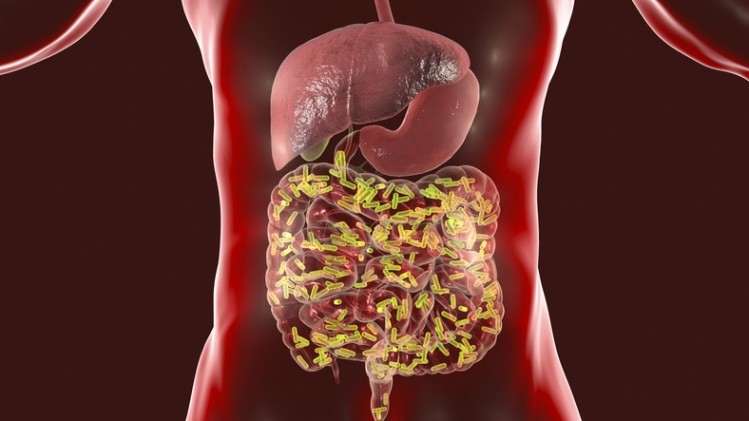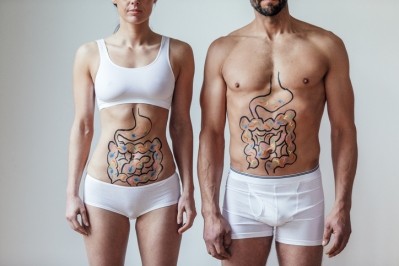Study: Medications accumulate in the gut, alter microbiome

A recent study found that common drugs can accumulate in gut bacteria, which may alter bacterial function and activity, decreasing the effectiveness of drugs. Indeed, gut microbiota can affect a person’s response to a drug by changing the drug’s activity in the body, toxicity, or bioavailability.
Common medications accumulating in gut bacteria are altering bacterial function and potentially reducing the effectiveness of the drug, according to new research published in Nature. A variety of medications--depression, diabetes, and asthma drugs, were involved in these interactions.
Researchers from the Medical Research Council (MRC) Toxicology Unit at the University of Cambridge and the European Molecular Biology Laboratory (EMBL) in Germany hope this new information will lead to a better understanding of how individuals metabolize medications and experience and side effects.
While it is known that bacteria can chemically modify some drugs, this is the first to show that certain species of gut bacteria accumulate human drugs, altering the types of bacteria and their activity.
The study
Researchers grew 25 common gut bacteria and studied how they interacted with 15 drugs that are taken orally. The drugs represented a range of different types of common drugs, including antidepressant medications, which are known to affect individuals dissimilarly and cause side effects such as gut problems and weight gain.
The research team tested how each of the 15 drugs interacted with the selected bacterial strains, producing a total of 375 bacteria-drug tests.
Findings
The research revealed 70 interactions between the bacteria and the drugs studied—of which 29 had not been previously reported.
While earlier research has shown bacteria can chemically modify drugs, when the scientists studied these interactions further, they found that 17 of the 29 interactions resulted from bioaccumulation and 12 from the modification of the drug by bacteria.
Examples of drugs that accumulated in bacteria include antidepressant duloxetine and anti-diabetic rosiglitazone. For some drugs, such as montelukast (an asthma drug) and roflumilast (for chronic obstructive pulmonary disease), both changes happened in different bacteria. Some were accumulated by species of bacteria and modified by others.
"This calls for us to start treating the microbiome as one of our organs,” said Dr. Peer Bork, who co-led the study.
Further findings
The team also found the bioaccumulation of drugs alters the metabolism of the accumulating bacteria. For example, the antidepressant drug duloxetine bound to several metabolic enzymes within the bacteria and altered their secreted metabolites.
"It was surprising that the majority of the new interactions we saw between bacteria and drugs were the drugs accumulating in the bacteria, because up until now biotransformation was thought to be the main way that bacteria affect the availability of drugs,” said Dr. Kiran Patil, from the MRC Toxicology Unit at the University of Cambridge, who co-led the study. "These will likely be very personal differences between individuals, depending on the composition of their gut microbiota. We saw differences even between different strains of the same species of bacteria."
Next steps
"Next steps for us will be to take forward this basic molecular research and investigate how an individual's gut bacteria tie with the differing individual responses to drugs such as antidepressants—differences in whether you respond, the drug dose needed, and side effects like weight gain. If we can characterize how people respond depending on the composition of their microbiome, then drug treatments could be individualized,” said Patil. “This has a knock-on effect on other bacteria in the community. Our study thus reveals a new dimension in the microbiome-drug interactions.”
Source: Nature
2021 DOI: 10.1038/s41586-021-03891-8
“Bioaccumulation of therapeutic drugs by human gut bacteria”
Authors: M. Klünemann et al.
















